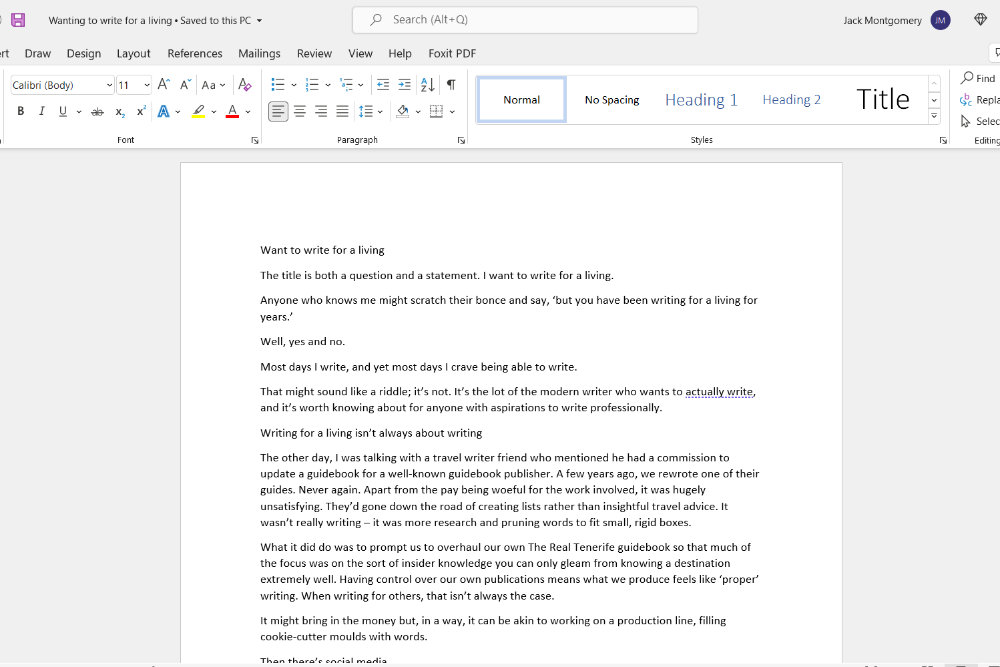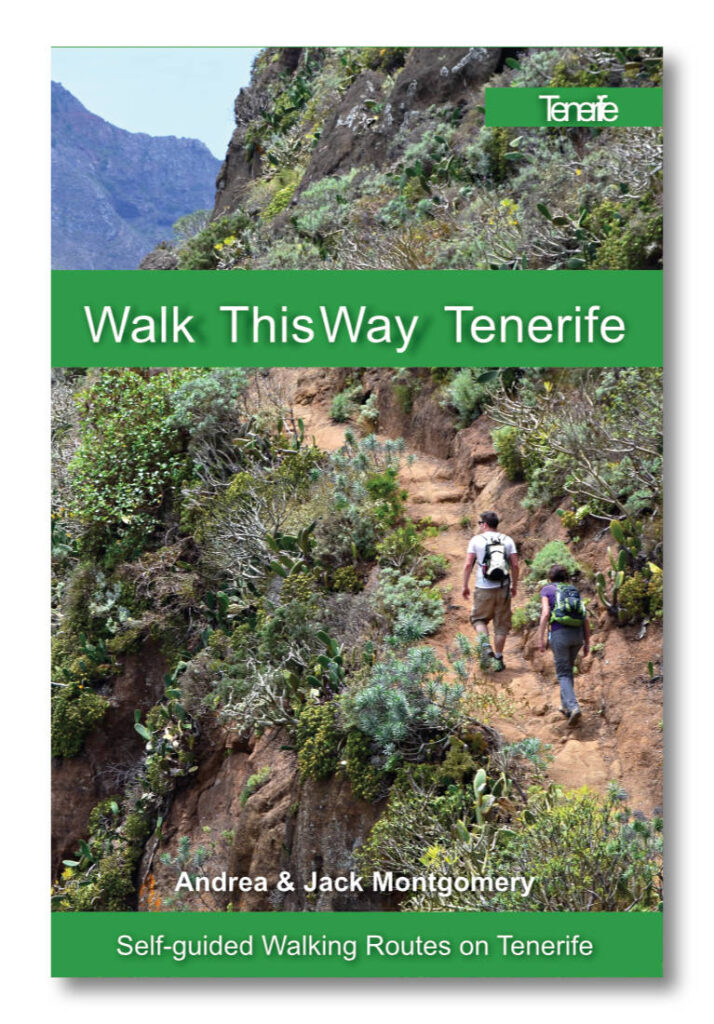The title is both a question and a statement. It could mean, want to write for a living? But it also may refer to how I feel, uttered in a child-in-a-tantrum sort of way.
Anyone who knows me might scratch their bonce and say, ‘but you have been writing for a living for years.’
Well, yes and no.
Most days I write, and yet most days I crave being able to write.
That might sound like a riddle; it’s not. It’s the lot of the modern writer who wants to write for a living, and it’s worth knowing about for anyone with aspirations to write professionally.
Writing for a living isn’t always about writing
The other day, I was talking with a travel writer friend who mentioned he had a commission to update a guidebook for a well-known guidebook publisher. A few years ago, we rewrote one of their guides. Never again. Apart from the pay being woeful for the work involved, it was hugely unsatisfying. They’d gone down the road of creating lists rather than insightful travel advice. It wasn’t really writing – it was more research and pruning words to fit small, rigid boxes.
What it did do was to prompt us to overhaul our own The Real Tenerife guidebook so that much of the focus was on the sort of insider knowledge you can only gleam from knowing a destination extremely well. Having control over our own publications means what we produce feels like ‘proper’ writing. When writing for others, that isn’t always the case.
It might bring in the money but, in a way, it can be akin to working on a production line, filling cookie-cutter moulds with words.
Want to write for a living – don’t forget social media
Some years ago, I had a conversation with a travel blogger friend who’d virtually given up writing in favour of publishing short Instagram posts as that’s what was considered sexy by tourist boards and the PR companies who represented them. It was travel writing that didn’t involve much writing at all, which was good for the marketers but not for those of us who got joy from writing.
So far, my focus has been on travel writing, but it applies to other areas of writing. When Andy published her book, The Banana Road, her publishers sent her a detailed marketing plan to work through.
When we started writing, we penned our pieces, then sent them off to for publication while we turned our attention to the next writing job. Now, we often have to act as salespeople ourselves, whether that’s with travel articles, or books. And both Andy and I are pretty useless at marketing – I just can’t play the ‘you scratch my back and I’ll scratch yours’ game it can involve. I remember one guy on Twitter, who’d shared a lot of my posts, getting leery and asking why I didn’t share any of his. I told him I’d be happy to … if he ever posted anything original (they were usually plagiarised).
I can hold my head high because I stick to my principles, but it’s a stance which won’t win the thousands of friends you need on social media platforms to impress people. But modern writing requires a presence on social media, and at least we’ve had that for years with various Facebook and Twitter accounts, with Instagram becoming a more recent necessity. These platforms are priceless and essential tools for any writer, but they are also time bandits that distract from the craft of writing.
There’s also a lot of technical stuff
Last night, we went for dinner with friends and met a couple of their friends for the first time. As we tucked into tender roast lamb while a newly born kid goat (honest) made getting to the Rayburn a challenge for the hosts, their female friend made a comment about SEO.
“What’s SEO?” one of our hosts asked.
We’ve built our own websites since 2006 and worked with a man who is a social media/Google guru, so we’ve been au fait with the more techy side of the internet for a long time, within reason. Compiling articles so that Google’s picky little robots can find them and like them is nothing new. But it’s a constantly changing world, so keeping up to scratch with the latest Search Engine Optimisation (SEO) tactics and tools is a time-consuming business. But any aspiring writer will benefit from a grasp of website management, and that includes knowing about things like SEO.
Even if the plan is to write for others, there’s a need to know how these things work. We’re currently working on a job producing articles to fit a very specific SEO format. And that does impact on what you write and how you write. The trick is being able to produce something which appeals to both human and AI readers, but it can quash creativity.
Want to write for a living?
So, although I do write most days, a lot of it can involve the things I’ve mentioned above … and more. But I want to get this finished in under one thousand words because, hey, word count is important as well. That means I’m calling a halt to the list of things you may have to write as a writer which doesn’t feel like writing.
If this comes across as a downer, it’s not meant to be. It’s just a reality. Most of the time the writing process is extremely satisfying; it’s only a drudge sometimes. And whenever we’ve felt the drudge parts outweighed the satisfying ones, we’ve said adios and moved on.
But the truth is, there are many days where I want to grab a sheaf of paper; sit down at a table; forget about SEO, slugs, paragraphs under 120 words and rigid formats; unleash my imagination; and just write.
That’s where the true joy lies.
Incidentally, I wrote this post so that it was Googlebot friendly in the hope that I’m rewarded with two little smiling emojis if I get it right.















